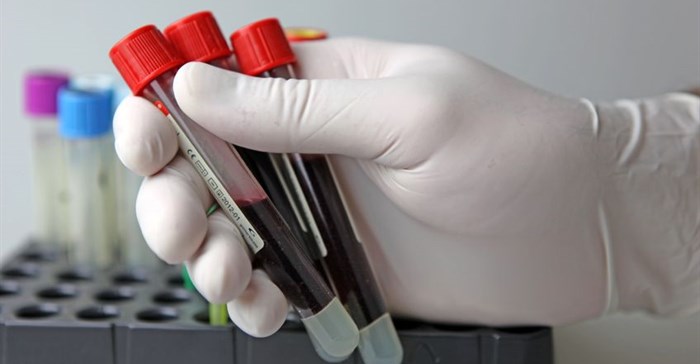
Top stories






More news


Marketing & Media
Prisa's Bradley Howland: The importance of professional associations











Johnson & Johnson and several of its partners used the International Aids Conference 2016 held in Durban last week as a platform to provide an update on the investigational heterologous prime-boost HIV-1 vaccine regimen in development at its Janssen pharmaceutical companies.
This includes progress from a fully-enrolled Phase I/IIa clinical study (HIV-V-A004) in five countries, which was initiated based on positive results from pre-clinical studies in non-human primates published in Science last year.
Based on these results, this approach may ultimately prove to be a strategy for protecting against global human immunodeficiency virus (HIV- 1) infection.
Reporting on progress with its in-human studies Janssen confirmed that the first phase I/IIa study (NCT02315703) involving approximately 400 healthy volunteers with sites in South Africa, Rwanda, Uganda, Thailand and the United States has been fully enrolled.
The study is evaluating the safety/tolerability and immunogenicity of a “prime-boost” vaccine approach, which leverages AdVac® Technology from Janssen and a number of different boosters including a trimeric envelope protein and MVA vectors.
Volunteers are first given an adenovirus serotype 26 (Ad26) vectored vaccine to prime the immune system, and then one of several boosters intended to enhance the immune system over time. This approach is intended to increase both the magnitude of the immune response and the overall protection against subsequent viral infection.
A heterologous prime-boost vaccine regimen using a similar AdVac® vector, along with an MVA-based vector, is being used in Janssen’s preventative Ebola candidate vaccine regimen that is currently in Phase 3 human clinical studies.
It was also announced that a second Phase I/IIa trial (NCT02788045) has also just commenced. The clinical study will enroll 198 healthy volunteers to assess safety/tolerability and immunogenicity of regimens using a newly developed tetravalent Ad26 product prime compared with regimens using the trivalent Ad26 being evaluated in the first Phase I/IIa.
Ongoing phase 1 clinical studies have been evaluating the safety and immunogenicity of the different components which are included in the regimens to be used in these in-human studies. Pre-clinical results formed basis for in-human studies.
Results from the pre-clinical studies in non-human primates, published in Science, showed superiority of heterologous prime-boost vaccine regimens - which first prime the immune system, then boost the immune system to increase the response.
The study results showed that the investigational prime-boost vaccine regimen provided complete protection from becoming infected with simian immunodeficiency virus (SIV), a virus similar to HIV that infects NHPs, in half of the vaccinated NHPs (n=12) against a series of six repeated challenges.
This work also demonstrates that there is a strong link between the protective ability of the vaccine regimen and the number of antibody functions to fight the virus, so-called polyfunctionality, which supports the continued development of the vaccine regimen for human use.